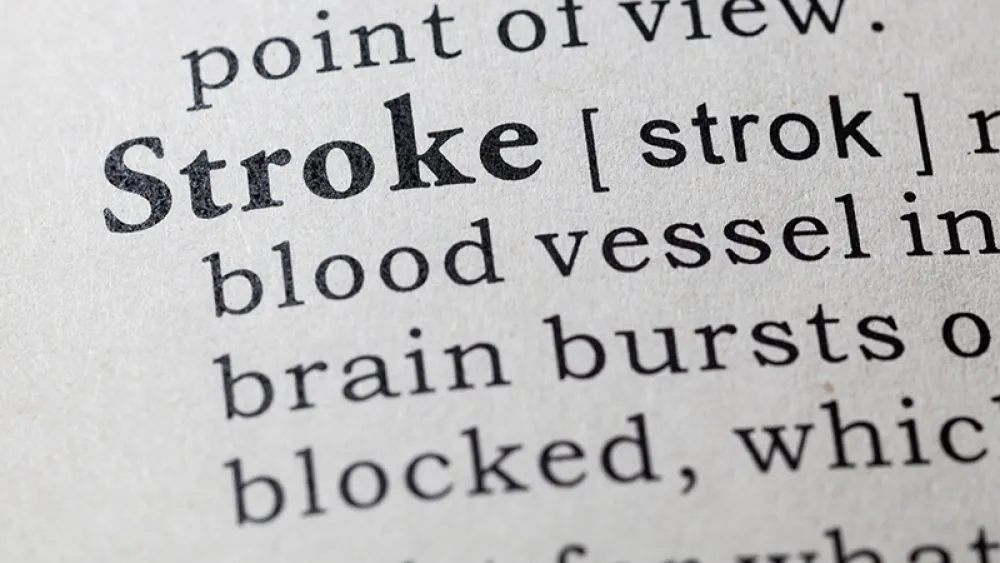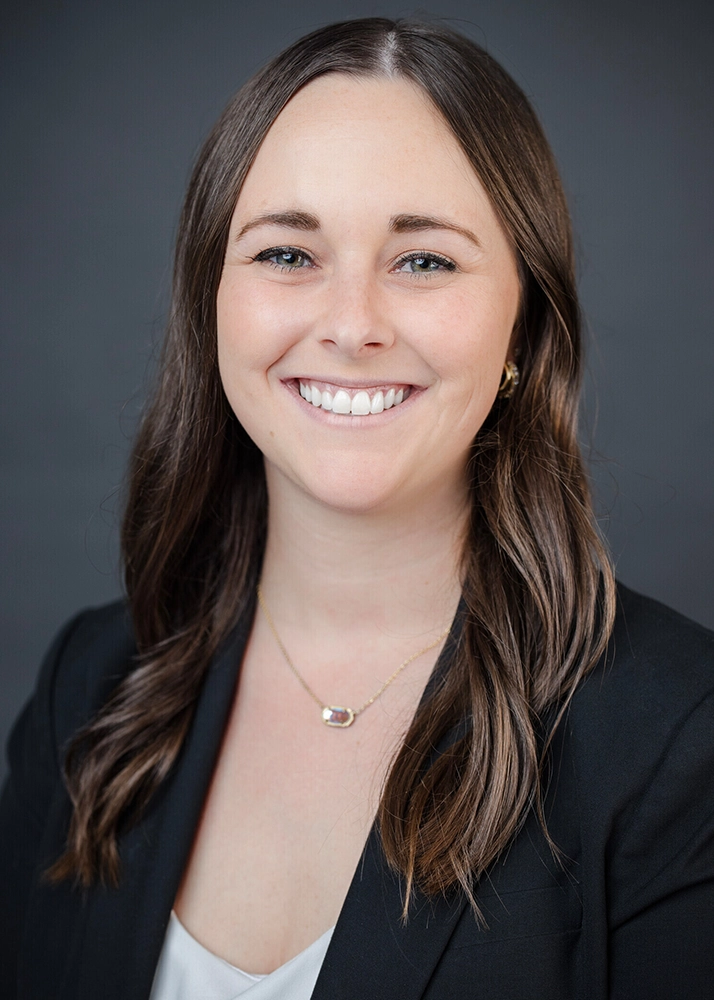Today's Medicine
Surviving a stroke: Treatment and recovery
Published: May 3, 2024

Being Stroke-Ready
Methodist Hospital, Methodist Jennie Edmundson Hospital and Methodist Women’s Hospital are certified by the Joint Commission for the care and treatment of stroke, but the hospitals carry two different certifications.
Methodist Hospital and Methodist Jennie Edmundson Hospitals are certified Advanced Primary Stroke Centers. This designation shows that our stroke programs have met the critical elements of performance to achieve successful long-term outcomes for stroke patients. This certification is a result of a rigorous on-site review by The Joint Commission in conjunction with The American Heart Association/American Stroke Association.
Methodist Women’s Hospital is certified as Acute Stroke Ready. That means health care professionals will assess, treat and transfer stroke patients to an Advance Primary Stroke Center – often Methodist Hospital.
Types of Strokes
If a patient comes to Methodist for their stroke event, we have an acute stroke process in our emergency departments (EDs) with protocols that allow us to get imaging and labs done quickly. This is important as the medical team needs this information to make decisions on the care our patients need.
The moment a patient comes to us for their care, we work to diagnose what type of stroke they are experiencing.
Ischemic strokes are the most common kind, making up 87% of cases. Ischemic strokes happen when a clot – whether a blood clot or a clot made up of fatty tissue from cholesterol plaque in the arteries – blocks a vessel supplying blood to the brain.
Patients who suffer ischemic strokes often do better than those who suffer hemorrhagic strokes. Hemorrhagic strokes occur when there is bleeding on the brain, often from the rupture of an aneurysm caused by high blood pressure.
While hemorrhagic strokes account for about 13% of strokes, they account for about 30%of deaths caused by stroke. Stroke is currently the fifth leading cause of death in the U.S. and the fourth leading cause of death in Nebraska and Iowa.
Treating a Stroke
A patient who comes to the ED with an ischemic stroke within a 4.5-hour window of the onset of symptoms may be given a drug called Alteplase, often called tPA. This drug works quickly to dissolve the clot and improve the blood flow. When given in time, tPA can save lives and reduce the long-term effects of a stroke.
Following treatment, a patient is transferred to an intensive care unit to be watched for 24 hours. From there, a patient will go to a neuro unit, where providers and staff work to find out what caused the stroke so we can help prevent it from happening again.
Rehab and Recovery
After someone has a stroke, our team works on two things: rehabilitation and risk factor reduction. About 25% of people who have a stroke end up having another stroke. Our goal is to prevent another stroke from happening through education and lifestyle modification.
When it comes to rehabilitation, Methodist Hospital offers specialized physical, speech and occupational therapy. The Methodist Hospital Acute Rehabilitation Center works to help each patient recover independence and function to lead as productive a life as possible.
Our specially trained rehab registered nurses, our providers and our physical, occupational, speech and therapeutic recreation therapists provide one-on-one treatment three hours a day, five days per week.
We also focus on risk factor reduction. For many stroke patients, that can include:
- Taking medications for high blood pressure
- Taking medications for high cholesterol
- Changing diet
- Quitting smoking
- Being more active
- Controlling diabetes
If we can control those, then hopefully we can prevent another stroke from happening.
More Resources
- Learn how to BE FAST and spot a stroke.
- Learn how Methodist can reduce the risk of stroke through the innovative WATCHMAN™ and TCAR procedures.
- Read more stories on heart health in our newsroom.


